

After the longstanding demand from the trade unions in Bangladesh, including the International Trade Union Confederation-Bangladesh Council (ITUC-BC), the Government of Bangladesh has ratified the International Labour Organization (ILO) Convention No. 138 (C138) or the Minimum Age Convention that seeks to progressively eliminate child labour by setting the minimum working age for any person at 14 years old.
Begum Monnujan Sufian, State Minister for Labour and Employment, handed over the ratification documents to ILO Director General Guy Ryder in Geneva on 22 March 2022. The Convention will come into force on 22 March 2023. In a statement, State Minister Begum Monnujan Sufian said that the country aims to eliminate child labour by 2025.
“ITUC-BC welcomes the government’s ratification of the C138. With the ratification this Convention, the Government of Bangladesh has fulfilled the ratification of all core conventions adopted by the ILO. This is an essential step towards achieving the Sustainable Development Goals (SDG), particularly SDG target 8.7,” said Repon Chowdhury, Secretary General of ITUC-BC.
C138 was adopted ILO in 1973, requiring the ratifying states to pursue a policy at the national level eliminates child labour in all workplaces. It stipulates that States should progressively raise the minimum age to a level consistent with the physical and mental development of young people and ensure that children go to school. In general, it establishes 15 as the minimum age for work in general.
Bangladesh passed into law the Labour Act in 2006, which includes a chapter on child labour. The law prohibits the employment of children under 14 years of age and the hazardous forms of child labour for persons under age 18. However, children who are aged 12 and above may be engaged in “light work” that does not pose risks to their mental and physical development and does not interfere with their education.
Furthermore, the Ministry of Labour and Employment adopted a National Child Labour Elimination Policy 2010, which provides a framework to eradicate all forms of child labour by 2025. While the labour laws and policies provide for the prohibition of child labour, they do not provide a strong enforcement mechanism. Additionally, the vast majority of children engaged in child labour (93 per cent) work in the informal sector, which makes the implementation of the child labour prohibition more challenging. Thus, there is a need to further amend the Labour Act to make it compliant with the C138 provisions.
In a statement, Repon Chowdhury said, “The ratification of the C138 is absolutely a good move to demonstrate the national commitment to end child labour in Bangladesh. Now is time for real action. Trade unions want a serious, publicly funded, and time-bound national action program to fulfil this important commitment.”
Shoya Yoshida, General Secretary of the ITUC-Asia Pacific, underscores the importance of the ratification of C138 as a way forward to a better Bangladesh. He said, for a very long time, trade unions and civil society organisations in Bangladesh, including the ITUC-BC, have been pushing for the ratification of C138 due to its key role in ending child labour in the country. The C138 ratification is an opportunity that can be utilised not only by trade unions, but also by child rights activists, to promote, advocate, and campaign for better national policies that can contribute to the eradication of all forms of child labour in Bangladesh and in the long run, shape a child-friendly and fairer future for the country.”
He added, “On behalf of the ITUC-Asia Pacific, I congratulate the trade unions in Bangladesh for the successful campaign for the ratification of C138. The work does not end with this win. We have to make sure that the ratification is accompanied by effective national policies, coupled with strong enforcement, that ensure that the objectives of C138 are truly realised.”
Trade unions were part of preparing policy documents on the progressive elimination of child labour and setting the minimum age for employment. Now, they are encouraged to disseminate the message and raise the awareness of the working people, with a special focus on the informal sector, on this ratification. They are also committed to push the government to ensure effective development and implementation of national policies in accordance to the C138 provisions.
Photo in Homepage: International Labour Organization


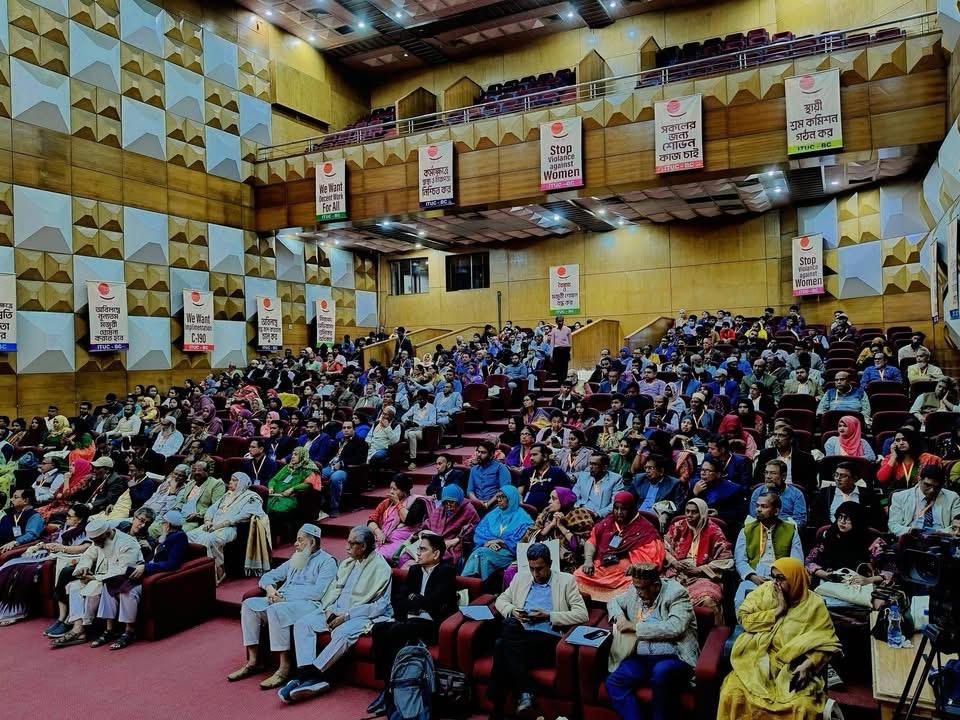











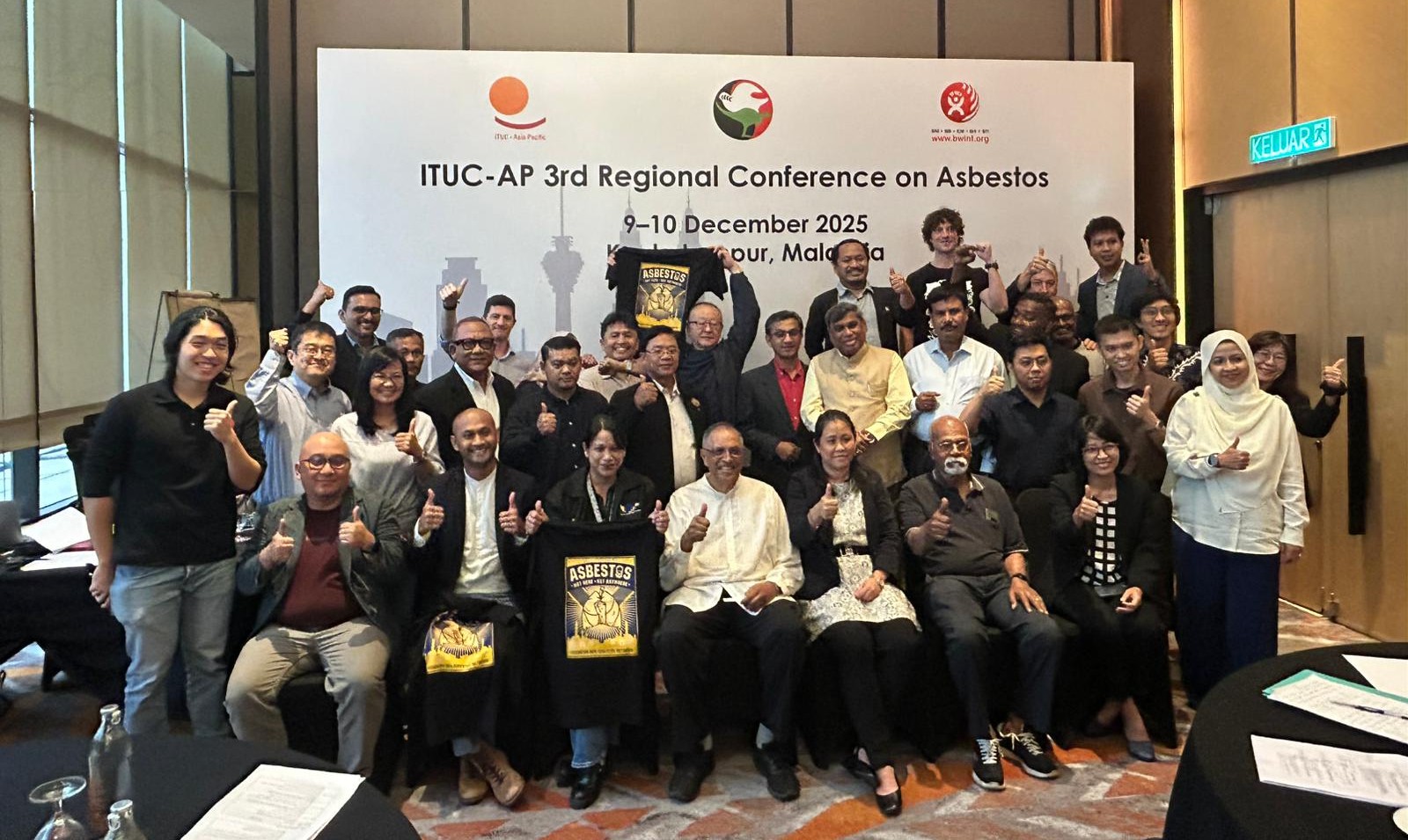











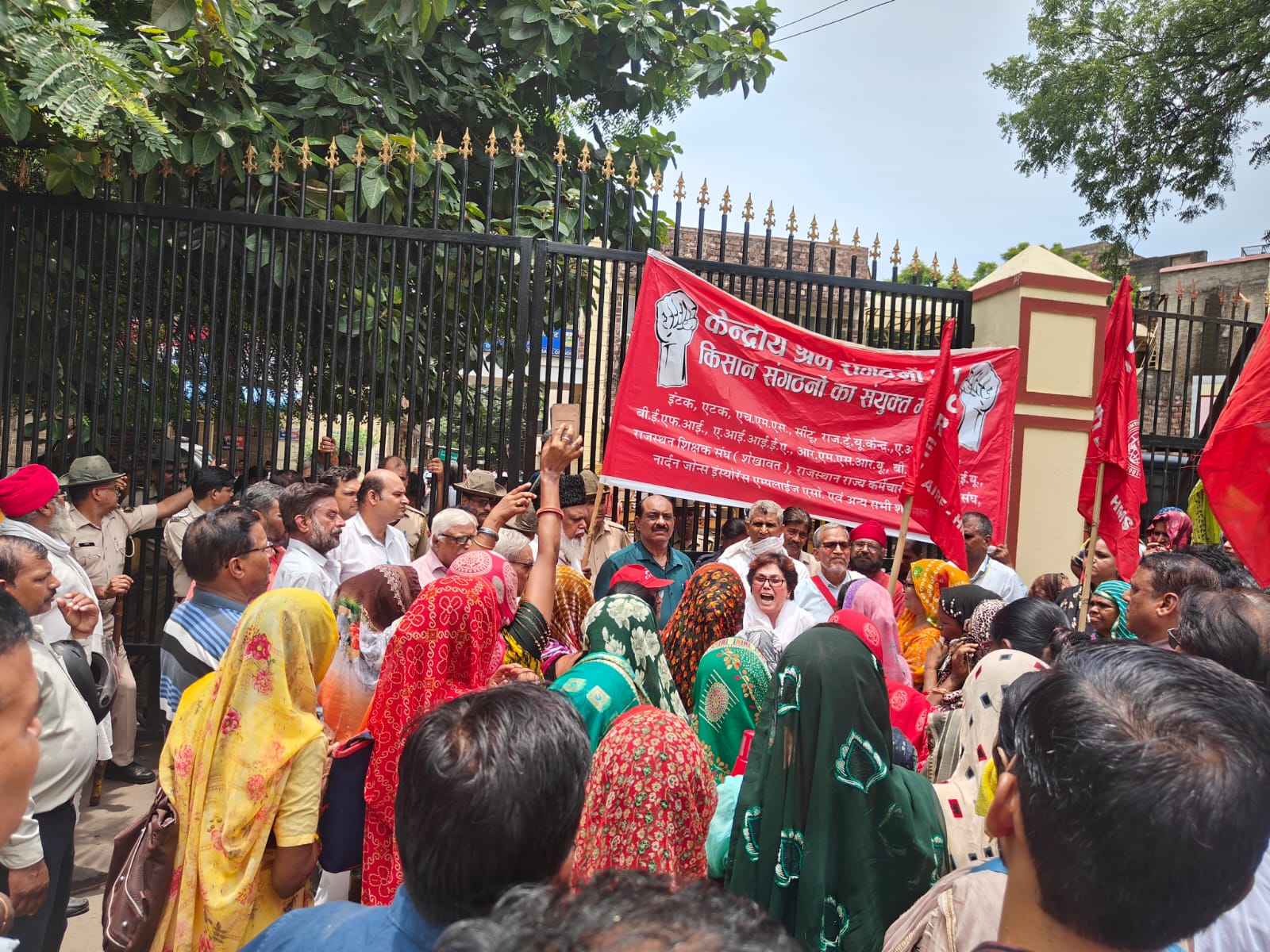











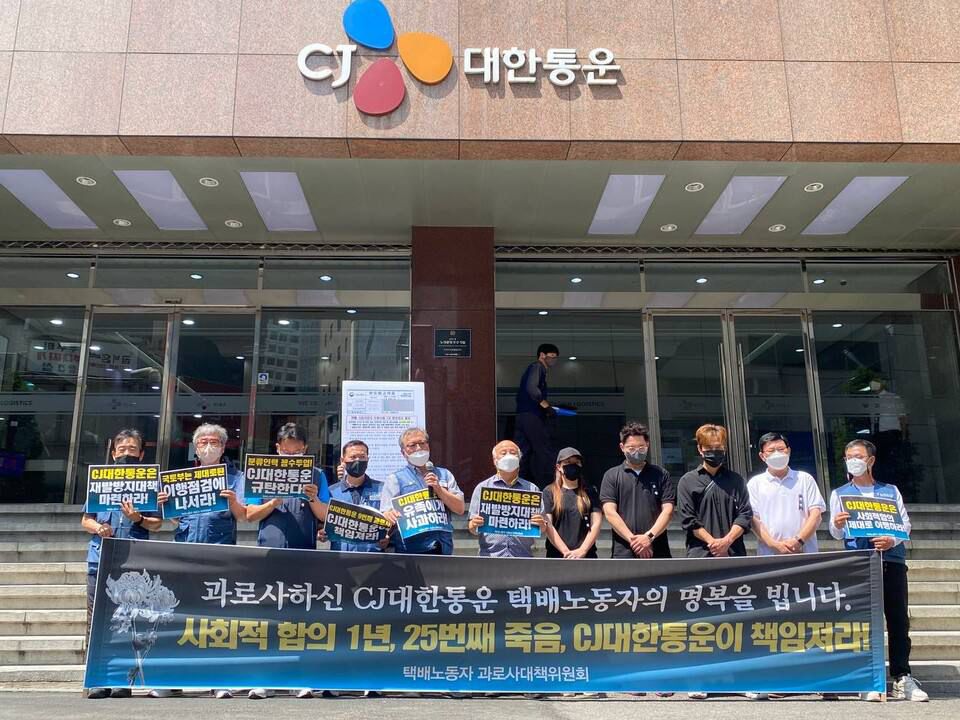











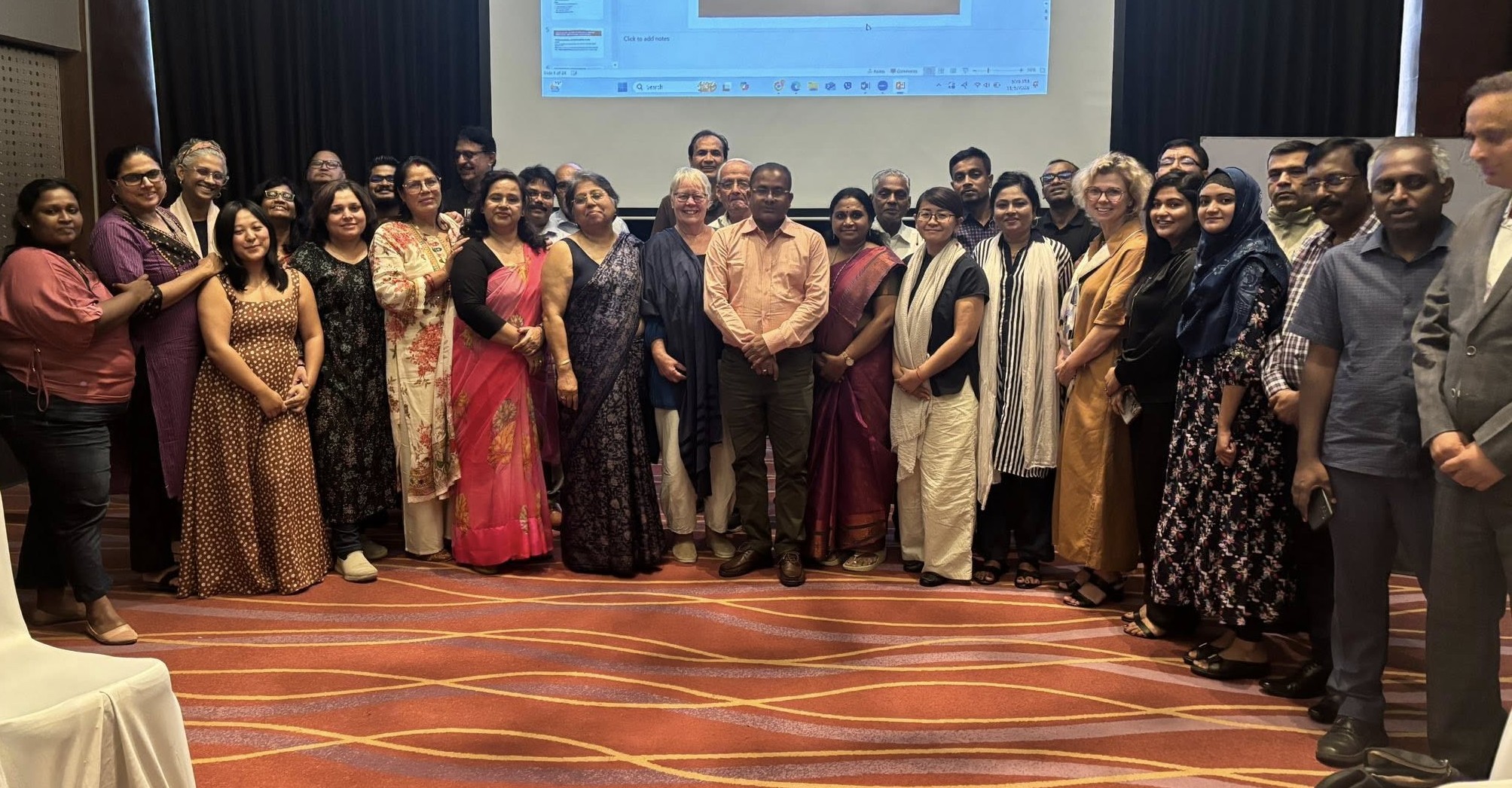





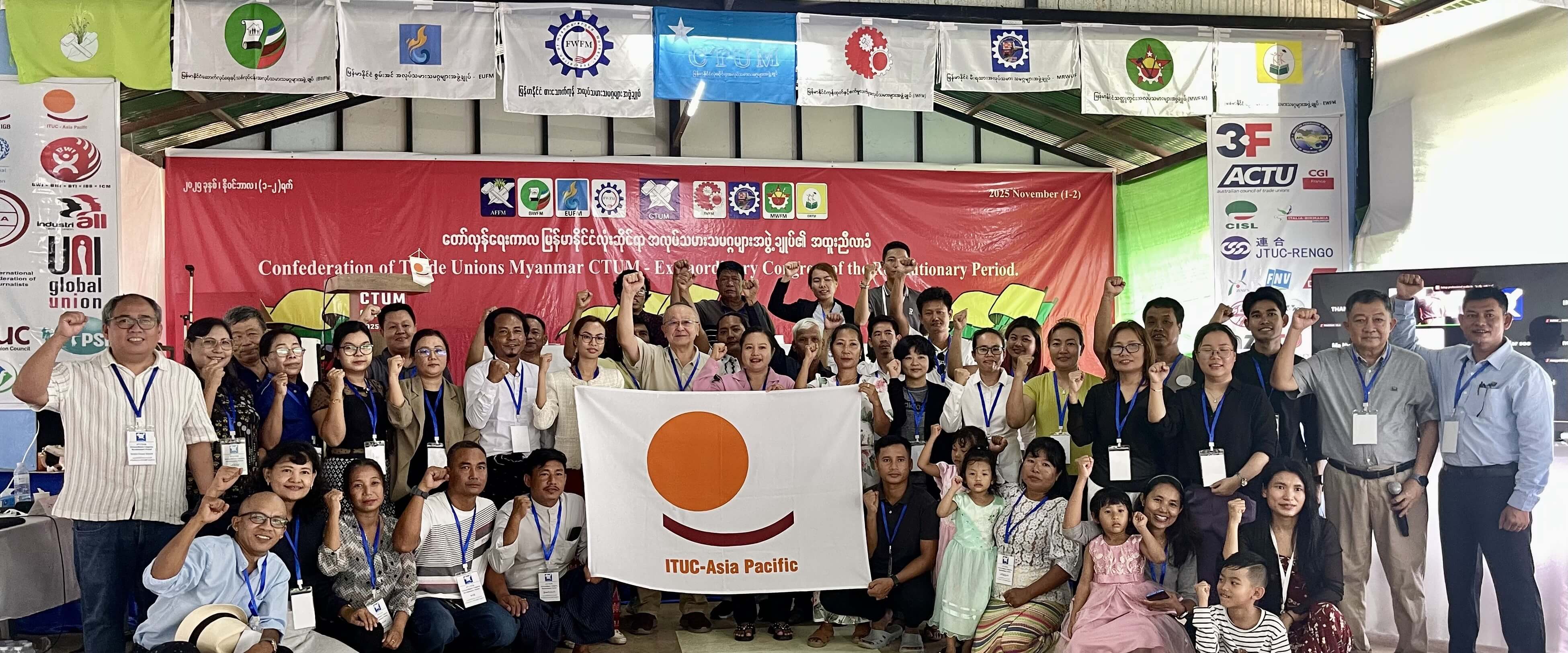





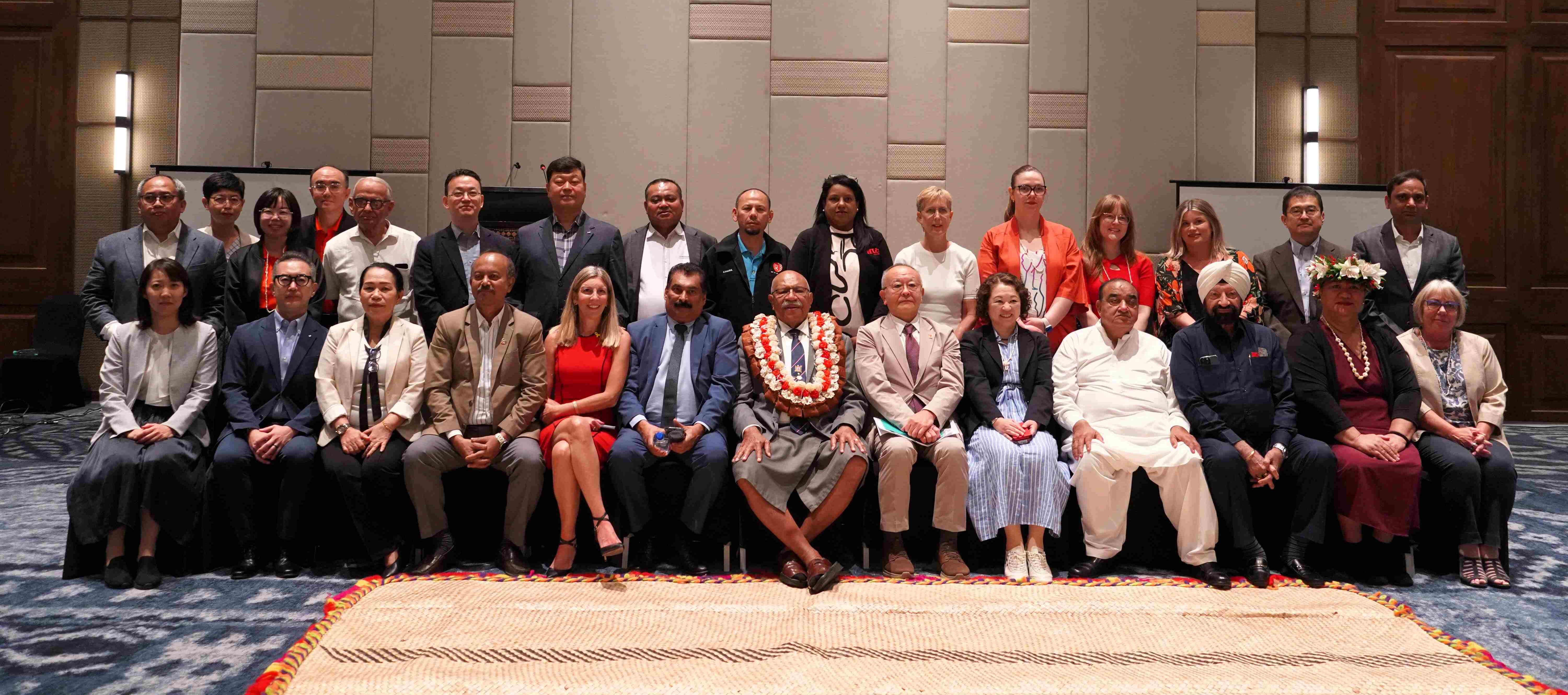





.jpg)


.jpg)




















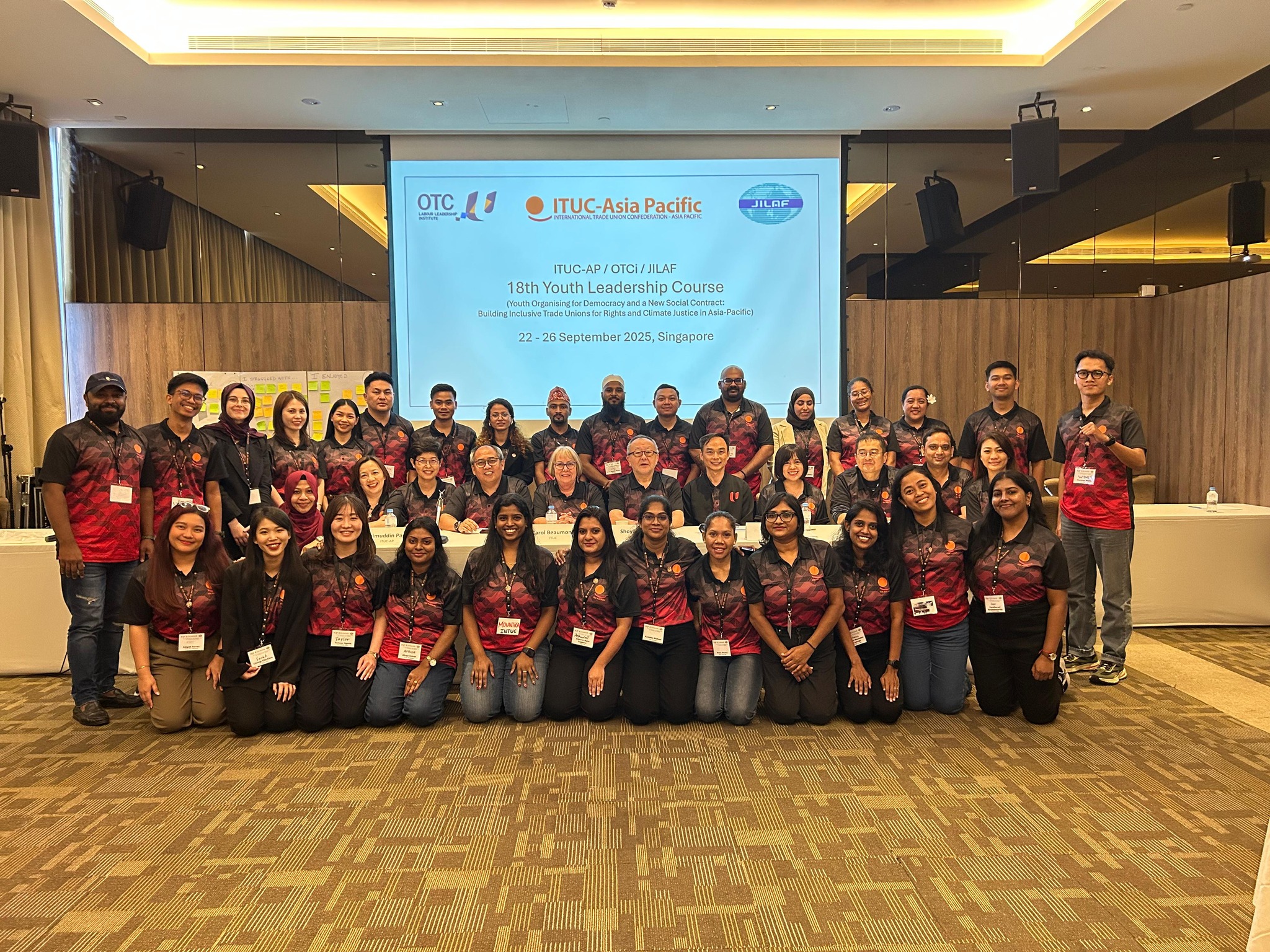





.png)


.png)








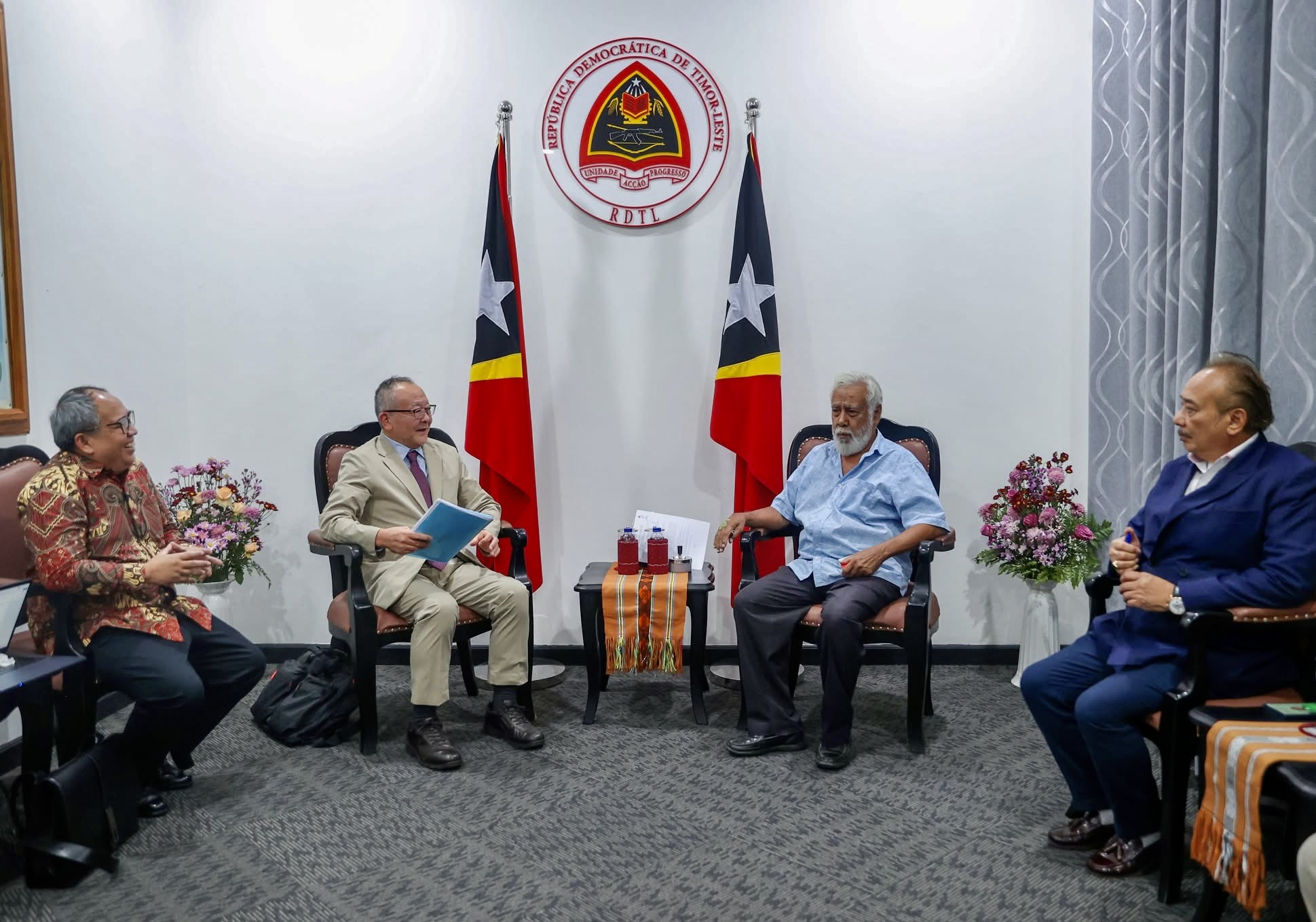





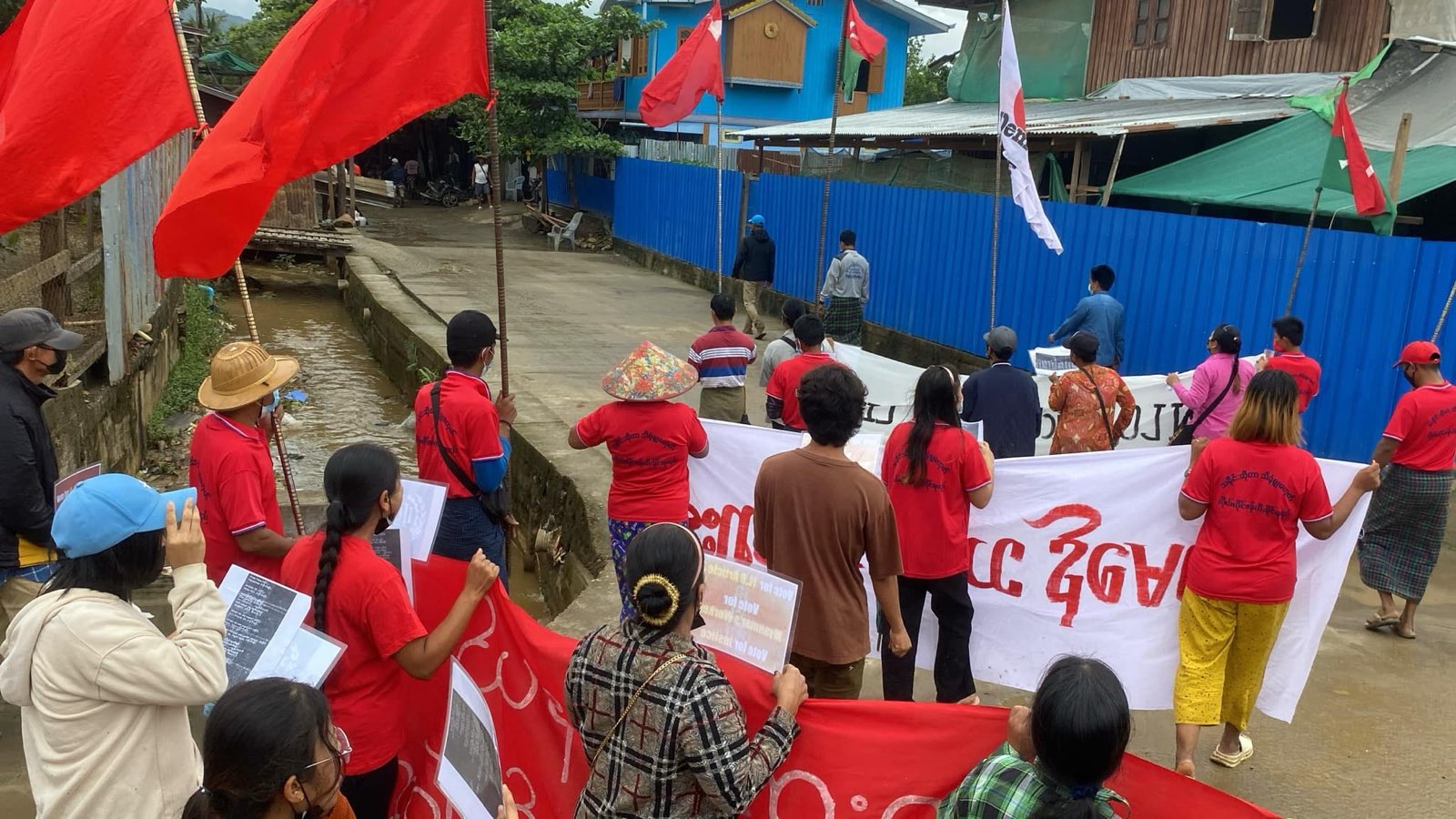





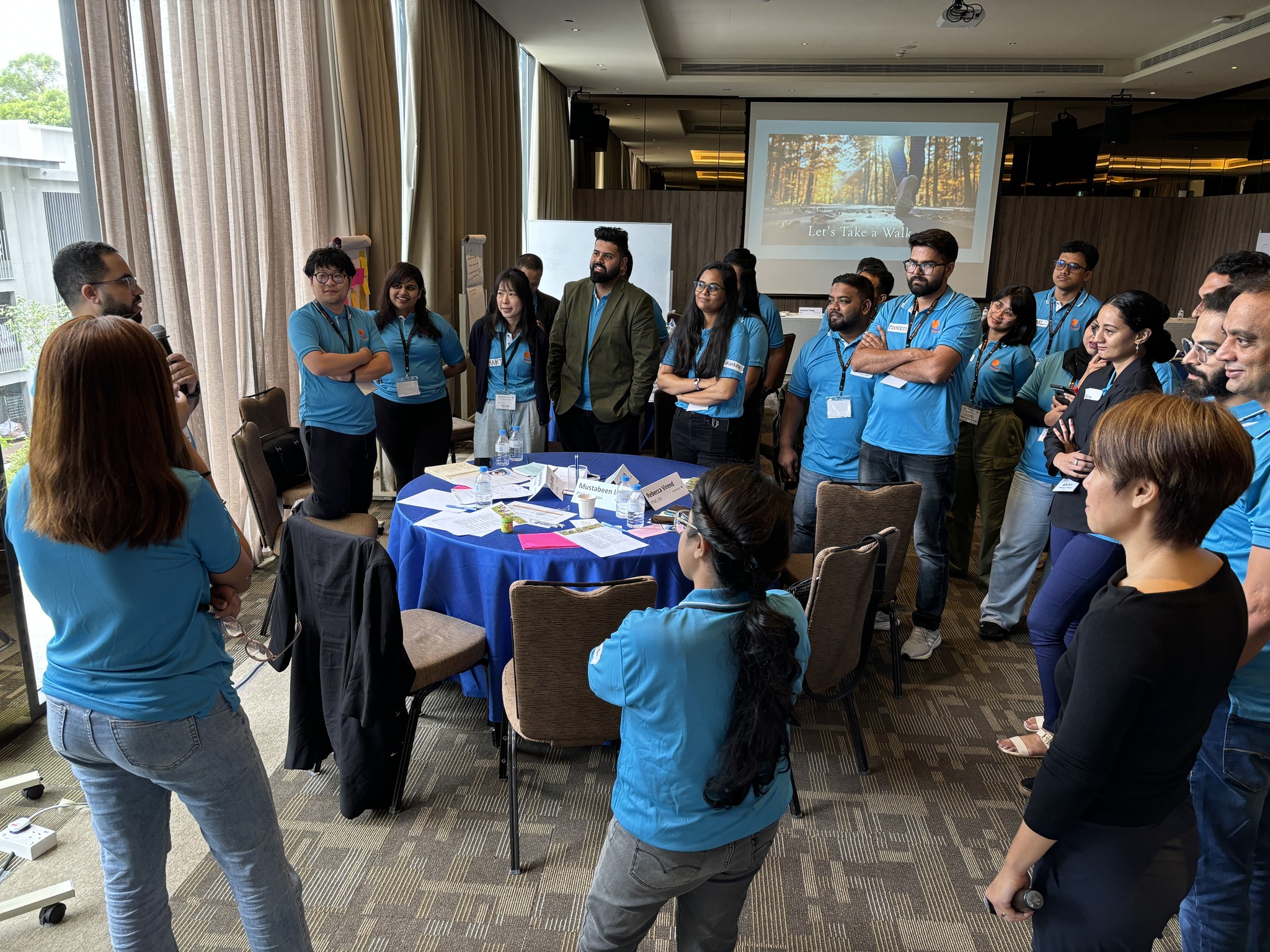





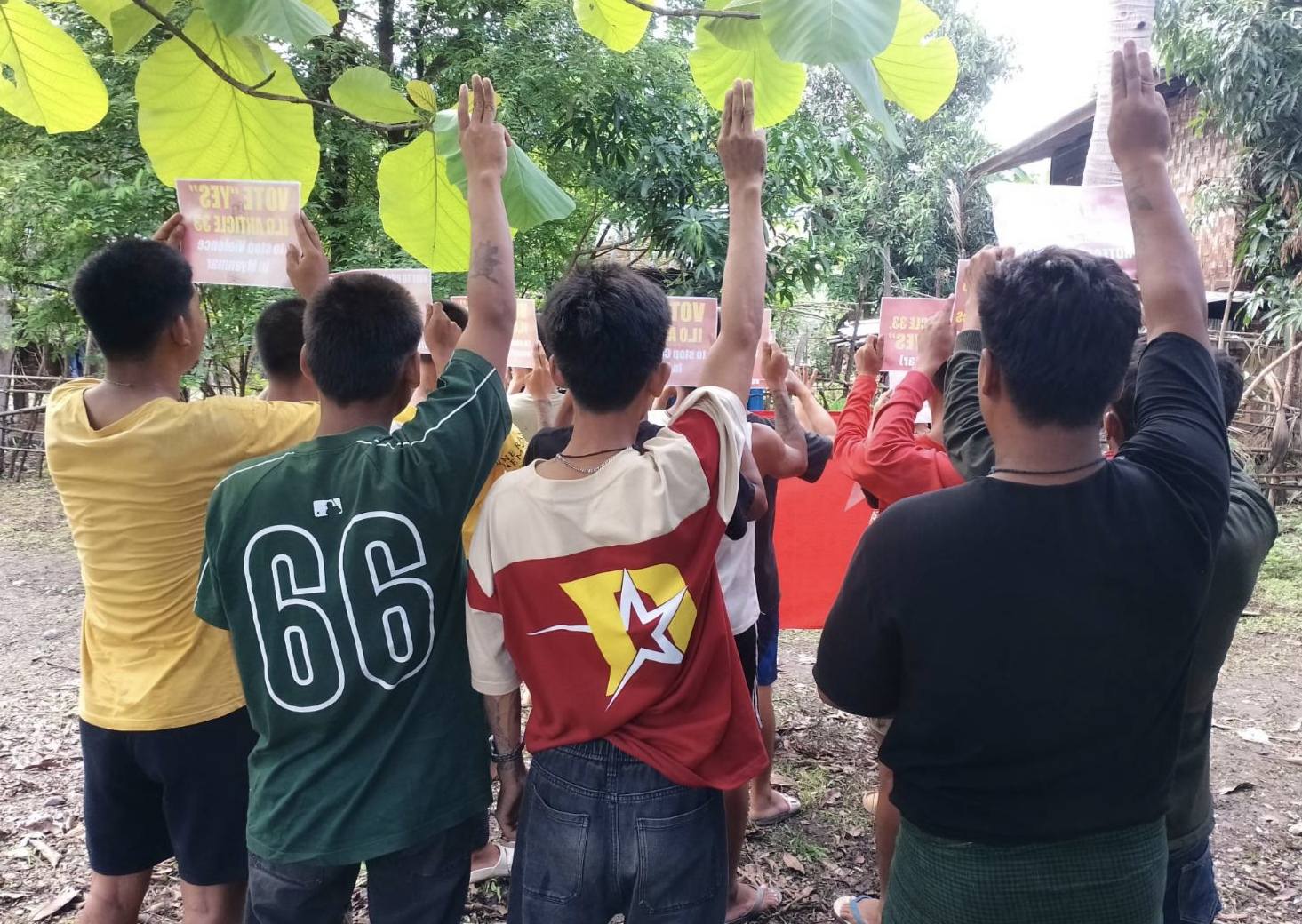





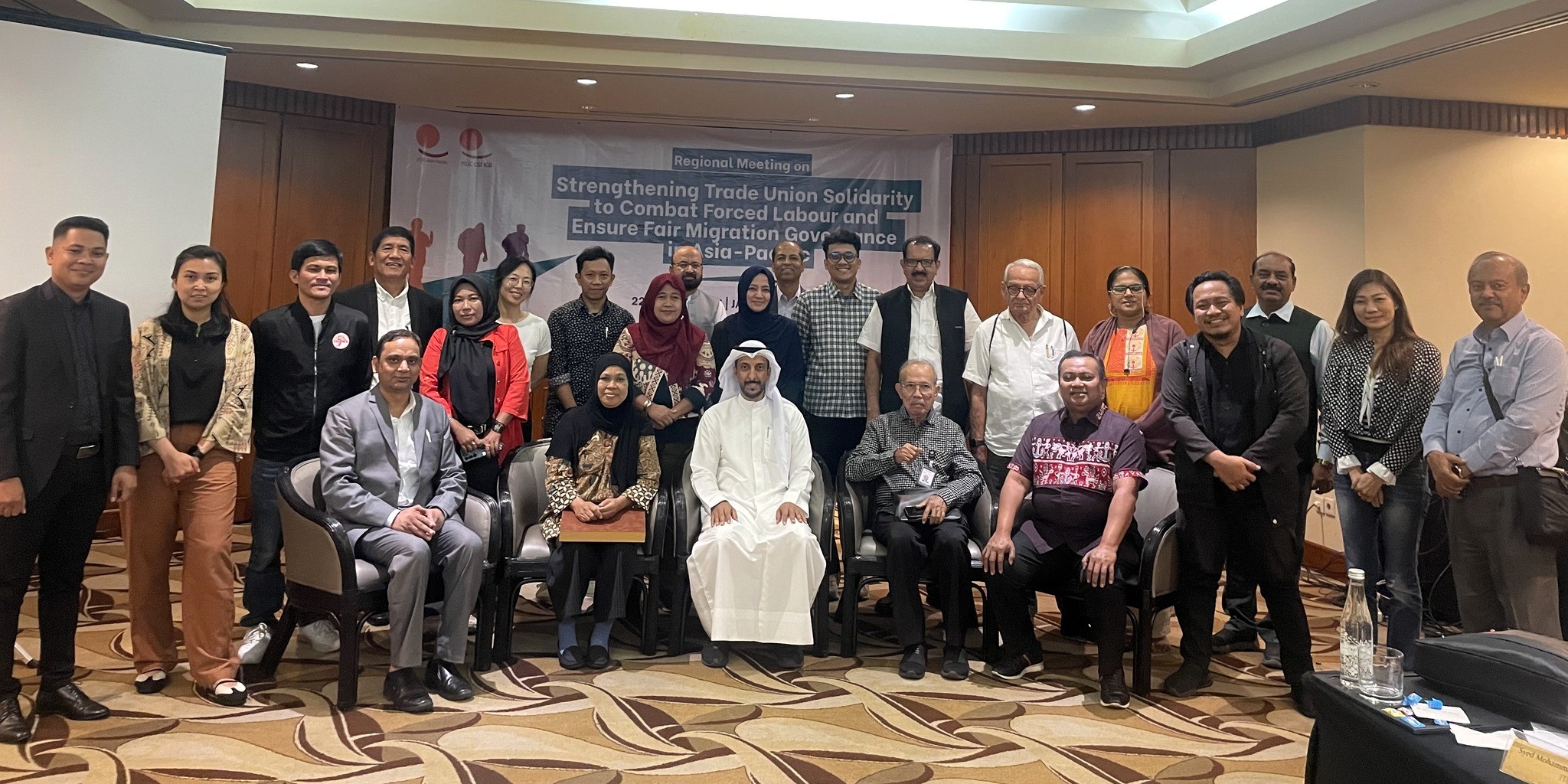























.png)


.png)














.png)


.png)
















































































































%20(1).png)


%20(1).png)
























.jpg)


.jpg)














































































.png)


.png)
























.png)


.png)














































































































.jpg)


.jpg)


























.png)


.png)

